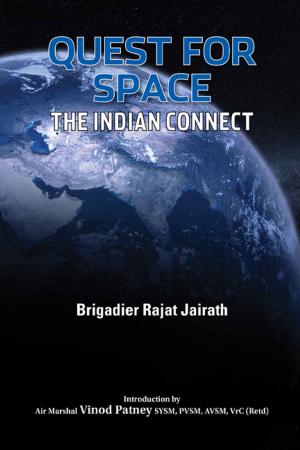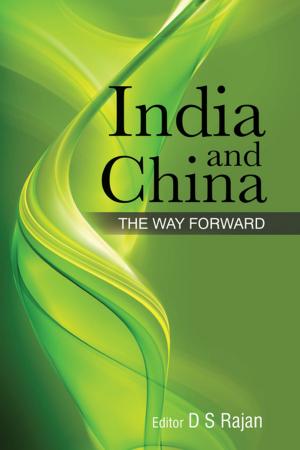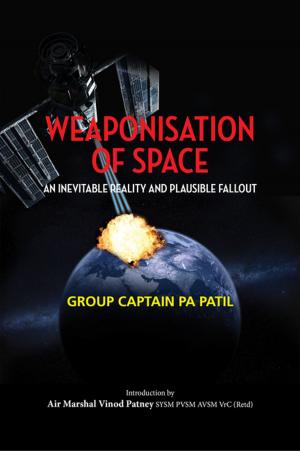| Author: | Mr Shantanu Chakrabarti | ISBN: | 9789385714801 |
| Publisher: | KW Publishers | Publication: | March 15, 2013 |
| Imprint: | KW Publishers | Language: | English |
| Author: | Mr Shantanu Chakrabarti |
| ISBN: | 9789385714801 |
| Publisher: | KW Publishers |
| Publication: | March 15, 2013 |
| Imprint: | KW Publishers |
| Language: | English |
Conflict resolution, as a defined field of study, has been facing stiff challenges in the post Cold War world. The multipolar setting of the globalised world with rising incidence of intra-state conflicts and growing convergence between security and development issues have generated fresh as well as severely mutated old challenges which most often do not fit well within traditional theoretical explanatory categories evolved within Peace and Conflict Studies. This disjunction is often generated by the fact that the modern conflict zones are mostly located in the developing and underdeveloped parts of the global South whereas the discourses of Conflict resolution continue to be largely western in origin and focus. Dissatisfaction with this process led to the search for alternative values in non-western discourses either philosophical such as Buddhism, or Gandhian methodology of peaceful satyagraha. Attempts made by Peace and Conflict resolution theorists to borrow and integrate non-western concepts within the paradigm, however important, are but small steps which indicate the growing complexities associated with the process as well as academic analyses and discussions related to conflict resolution. More micro-level studies of attempts towards conflict resolution from primarily non-western conflict zones as well as alternative theorisations about no-western norms(if any) and discourses would be necessary to ascertain whether a non-western alternative paradigm for conflict resolution is possible, desirable, and whether it could be integrated and absorbed successfully within the already established theoretical models of conflict. The present edited volume represents some of these viewpoints. It includes nine essays which try to look into the process of conflict resolution from various angles, the primary aim being to discover whether it could be done through non-western prism and would be of interest to both practitioners and academics and, ofcourse, students.
Conflict resolution, as a defined field of study, has been facing stiff challenges in the post Cold War world. The multipolar setting of the globalised world with rising incidence of intra-state conflicts and growing convergence between security and development issues have generated fresh as well as severely mutated old challenges which most often do not fit well within traditional theoretical explanatory categories evolved within Peace and Conflict Studies. This disjunction is often generated by the fact that the modern conflict zones are mostly located in the developing and underdeveloped parts of the global South whereas the discourses of Conflict resolution continue to be largely western in origin and focus. Dissatisfaction with this process led to the search for alternative values in non-western discourses either philosophical such as Buddhism, or Gandhian methodology of peaceful satyagraha. Attempts made by Peace and Conflict resolution theorists to borrow and integrate non-western concepts within the paradigm, however important, are but small steps which indicate the growing complexities associated with the process as well as academic analyses and discussions related to conflict resolution. More micro-level studies of attempts towards conflict resolution from primarily non-western conflict zones as well as alternative theorisations about no-western norms(if any) and discourses would be necessary to ascertain whether a non-western alternative paradigm for conflict resolution is possible, desirable, and whether it could be integrated and absorbed successfully within the already established theoretical models of conflict. The present edited volume represents some of these viewpoints. It includes nine essays which try to look into the process of conflict resolution from various angles, the primary aim being to discover whether it could be done through non-western prism and would be of interest to both practitioners and academics and, ofcourse, students.















